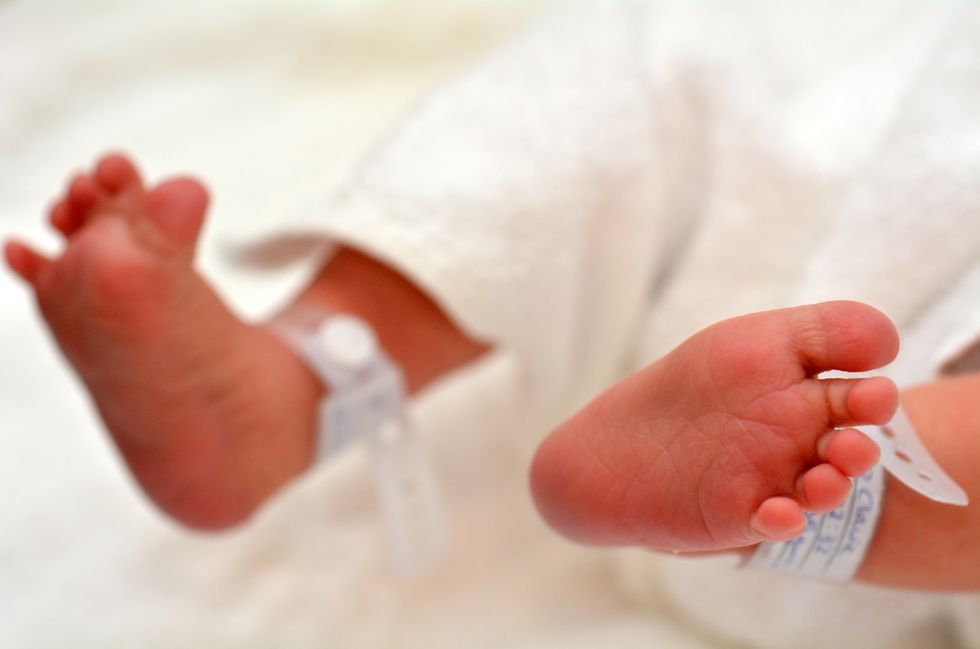
Photo credit: Shutterstock

Some parents settle on a name for their unborn child the moment they learn the gender. Others who wait might have a couple of options they've been mulling over, holding off for the moment they see their little one's face to make the official decision.
But a new study suggests that having a name ready to go when it comes time to put an identification band on your newborn can help reduce wrong-patient medical risks.
Even if you have a name picked out though, the hospital would need to have a naming convention established that identified the baby by his or her given name, instead of still opting for something more generic.
"Because there can be no delay in providing identification wristbands to newborns, some hospitals assign newborns temporary first names such as Babyboy or Babygirl," the authors of the study published in the journal Pediatrics wrote. "These nondistinct naming conventions result in a large number of patients with similar identifiers in NICUs. To determine the level of risk associated with nondistinct naming conventions, we performed an intervention study to evaluate if assigning distinct first names at birth would result in a reduction in wrong-patient errors."
The two-year before-and-after study sought to determine, if it was effective to identify children with a temporary first name that incorporated the mother's name, such as "Wendysgirl" followed by the appropriate last name.
To assess the effectiveness of this naming method as it pertained to error, the team used a tool called "retract-and-reorder," which they wrote "identifies orders placed on a patient that are retracted within 10 minutes and then placed by the same clinician on a different patient within the next 10 minutes."
They saw that giving the babies a more specific first name reduced the potential for wrong-patient errors by about 36 percent, suggesting "that nondistinct naming conventions are associated with an increased risk of wrong-patient errors and that this risk can be mitigated by changing to a more distinct naming convention."
NPR reported lead study author Dr. Jason Adelman with Montefiore Health System in New York said the study only looked at orders that were issued electronically and noted that the more specific naming system could reduce other errors as well.
"We should encourage parents of multiples to have names ready," Adelman said, according to Time. For those who don't have a name yet, he added that "hospitals should have a standard policy to use some sort of naming device."
Gautham Suresh, a neonatologist with Texas Children's Newborn Center, told NPR that the study was interesting but noted that the way hospitals name babies still "has to really be thought of very carefully."
"Patient identification errors are complex, and the name is only part of the puzzle," Gautham added to NPR.
—
Front page image via Shutterstock. This story has been updated to correct a typo in the lede.